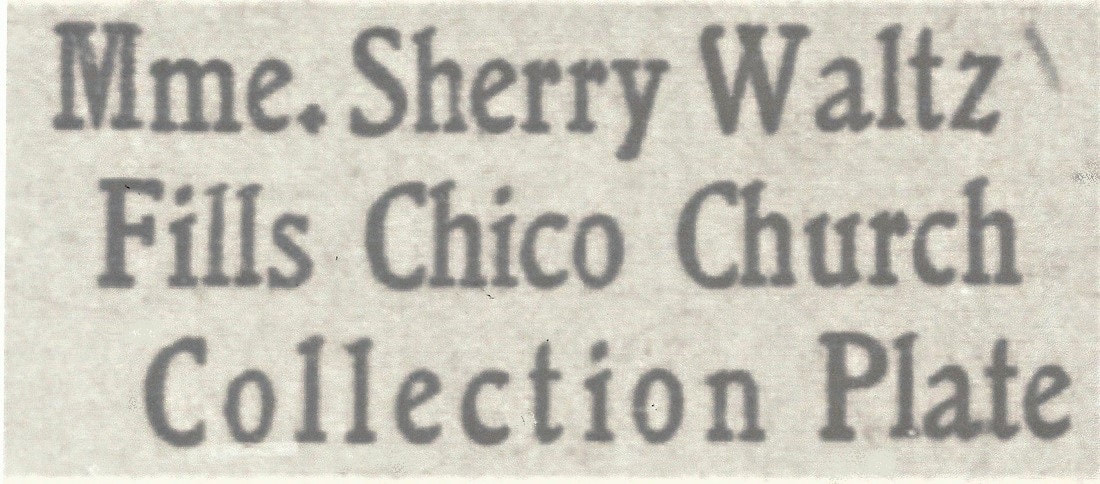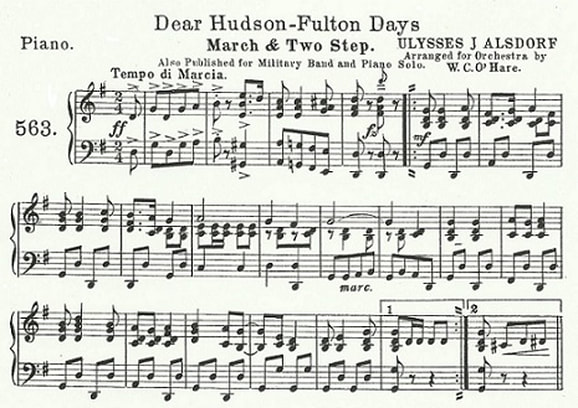|
I came across a research challenge in Ragtimers Club, a Facebook special interest group. A series of posts hinted that an obscure young pianist, unfamiliar to everyone in the group, had posed as Scott Joplin, the King of Ragtime, during several 1913 performances across Southeast Kansas.
After two partial days of trying to pinpoint the pianist's identity, beyond the partial name available to me in Ragtimers Club, I identified a suspect. I also had a problem. My suspect was another piano-playing con-man active during the 1930s and '40s. Joplin's Southeast Kansas impersonator, if indeed there was one, had only first and middle initials and a last name--C. W. Wilburn. My suspect shared the Wilburn surname but had a given name beginning with C and no middle name or initial. I had to admit, if only to myself, that the odds were against me. Yet the more I struggled to piece together what looked like the right biographical records, ruling out other men's records who shared the name, and the more I researched this other Wilburn's performance history, the more convinced I became that I needed to see if I could connect the two men. Anyone with the audacity and skill to assume a false identity as a public performer and to get away with it for nearly two decades would not have hesitated to pose for a few weeks as Scott Joplin in small-town Southeast Kansas. This is the story of my search--of my effort to link the Southeast Kansas King of Ragtime with the Prince of Music. On November 21, 1911, the San Francisco Call published an an amusing anecdote about a performance simultaneously unbefitting the venue and calculatingly effective: Chico, Nov. 20. --Every little movement of the orchestra and the ushers of the Chico Baptist church had a meaning all its own when the collection was taken at the regular services. Also, a modern musical comedy tune, it as found, could be successfully grafted on the church organ pipes and bear good fruit. Furthermore, there was something like vindication for those leaders of Protestant churches who insist that the old hymn tunes may with profit be relegated to the basement while the choir loft devotes itself to something more modern. O'Hare's piano roll arrangement
The history of the War on the Hyphen is too interesting to ignore. What's more, it explains and almost certainly inspired the poem that became the lyric of There Is No Hyphen in My Heart--a World War I song William Christopher O'Hare arranged for band and probably for orchestra.
Although the War on the Hyphen began innocently enough with an amusing attack on a punctuation mark, it evolved into a war of anti-Americanism--most specifically, a war against pro-German sentiments--which all too easily impacted innocent German American immigrants. In many ways, it parallels discrimination that relegated Japanese American citizens to internment camps during WWII and discrimination that targets some refugee and immigrant groups today. |
AuthorI am a retired community college professor and the great-granddaughter of composer, orchestrator, arranger, organist, and teacher William Christopher O'Hare. Click the "Read More" link to see each full blog entry.
Archives
November 2020
Categories
All
|


 RSS Feed
RSS Feed